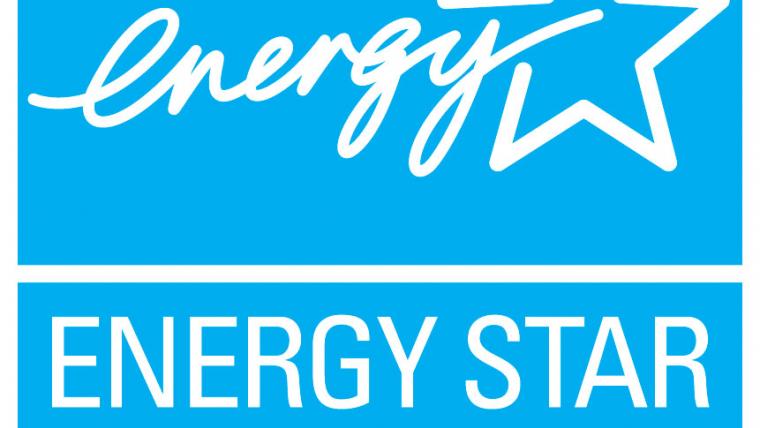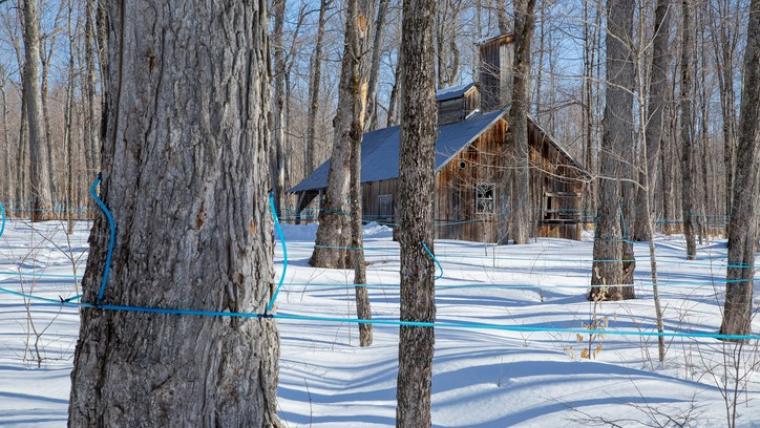Canadian Provincial Energy Efficiency Scorecard

What is the Scorecard?
2019 marked the first year of Efficiency Canada’s Scorecard, which is now an annual process of tracking, benchmarking and reporting on provincial policies and performance related to energy efficiency. The Scorecard is published in conjunction with a database that provides comprehensive data on provincial policies. The intent of the database and scorecard is to inform energy efficiency policies across Canada.
Information used by the scorecard
Efficiency Canada gathered data between January 2018 and June 2019 about provincial energy efficiency programs, policies related to energy efficiency as well as energy initiatives in the buildings, transportation and industrial sectors.
Overall Provincial scores
Overall, the scorecard indicates that significant opportunities exist in energy efficiency in all sectors across the country. British Columbia was ranked first overall with the highest points for enabling policies and initiatives for buildings and industry. Specifically, British Columbia’s policies support carbon pricing, grid modernization and vehicle electrification, and its long-standing energy efficiency programs have garnered it first place. Quebec, Ontario and Nova Scotia ranked next also scoring highly in these areas.
How did provinces score in supporting industrial energy efficiency?
Efficiency Canada identified the largest potential in efficiency savings to be in less energy-intensive manufacturing industries, such as textiles, automobiles and electronics as well as pulp and paper industries. Given that efficiency savings vary across provinces and industries, provinces were scored according to a broader common set of industrial energy efficiency indicators that were grouped under energy management, and cogeneration and combined heat and power.
British Columbia scored highest followed by Quebec, Alberta and Nova Scotia, since these provinces all have Energy Management Information System (EMIS) support and incentive programs compared to other provinces that only offered support programs with no incentives. Alberta, British Columbia, Nova Scotia, Quebec and Saskatchewan’s programs all aim for organizations to implement a full EMIS although none require ISO-50001 certification. No province actively supports Energy Star for Industry or the SEP-50001 certification.
Co-generation and combined heat and power support
Efficiency Canada also looked at provincial support for cogeneration and combined heat and power in industrial settings, which can increase energy efficiency significantly. Ontario, Alberta, British Columbia and Quebec had the most installed cogeneration units at 124, 48, 30 and 18, respectively. Alberta, Manitoba, Nova Scotia, and Ontario offered the most comprehensive programs for combined heat and power implementation for industry.
Recommendations
The Provincial Energy Efficiency Scorecard notes that all provinces have made several recommendations.
Alberta
- Integration of energy efficiency into electricity and natural gas system planning
- Policy framework should prioritize energy efficiency
British Columbia
- Increase its electricity program savings and targets and focus on existing clean energy sources
- Move toward mandatory energy ratings and disclosure for homes and buildings
Manitoba
- Increase the number of certifications such as Certified Energy Managers
- Move towards more transportation electrification
New Brunswick
- Direct regulators to invest in all energy efficiency that is less costly than new supply
- Provide long-term funding for energy savings in non-electric fuels
Newfoundland and Labrador
- Consider an energy poverty reduction strategy, which involves utilities and leads to cost savings
- Design a broader sustainable and more electric transportation strategy
Nova Scotia
- Develop a net-zero energy-ready goal and implement the Energy Step Code
- Move towards mandatory energy rating and disclosure policies
Ontario
- Target all cost-effective savings potential, recognize energy efficiency as an alternative to avoid new natural gas infrastructure
- Enhance existing clean technology financing strategies with such tools as the Emission Reduction Fund
Prince Edward Island
- Increase the number of new home energy advisors to increase building energy efficiency
- Ensure that efficiency program results are evaluated
Quebec
- Reduce electricity system costs by increasing electric energy efficiency, especially in the industrial sector
- Move from voluntary to mandatory building energy rating and disclosure
Saskatchewan
- Consider efficiency as a low-cost, clean energy resource
- Incorporate lessons learned from provinces with fossil-fuel based electricity systems
- View the full report related to this article on energy efficiency in different provinces 2019 Canadian Provincial Energy Efficiency Scorecard.
- Find the 2020 Canadian Provincial Energy Efficiency Scorecard.
- To be the first to hear about the 2021 Scorecard, sign up at https://www.scorecard.efficiencycanada.org/.
Page details
- Date modified:


